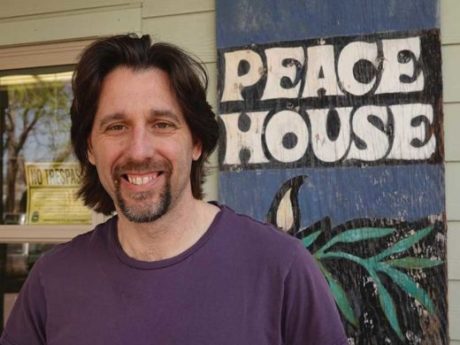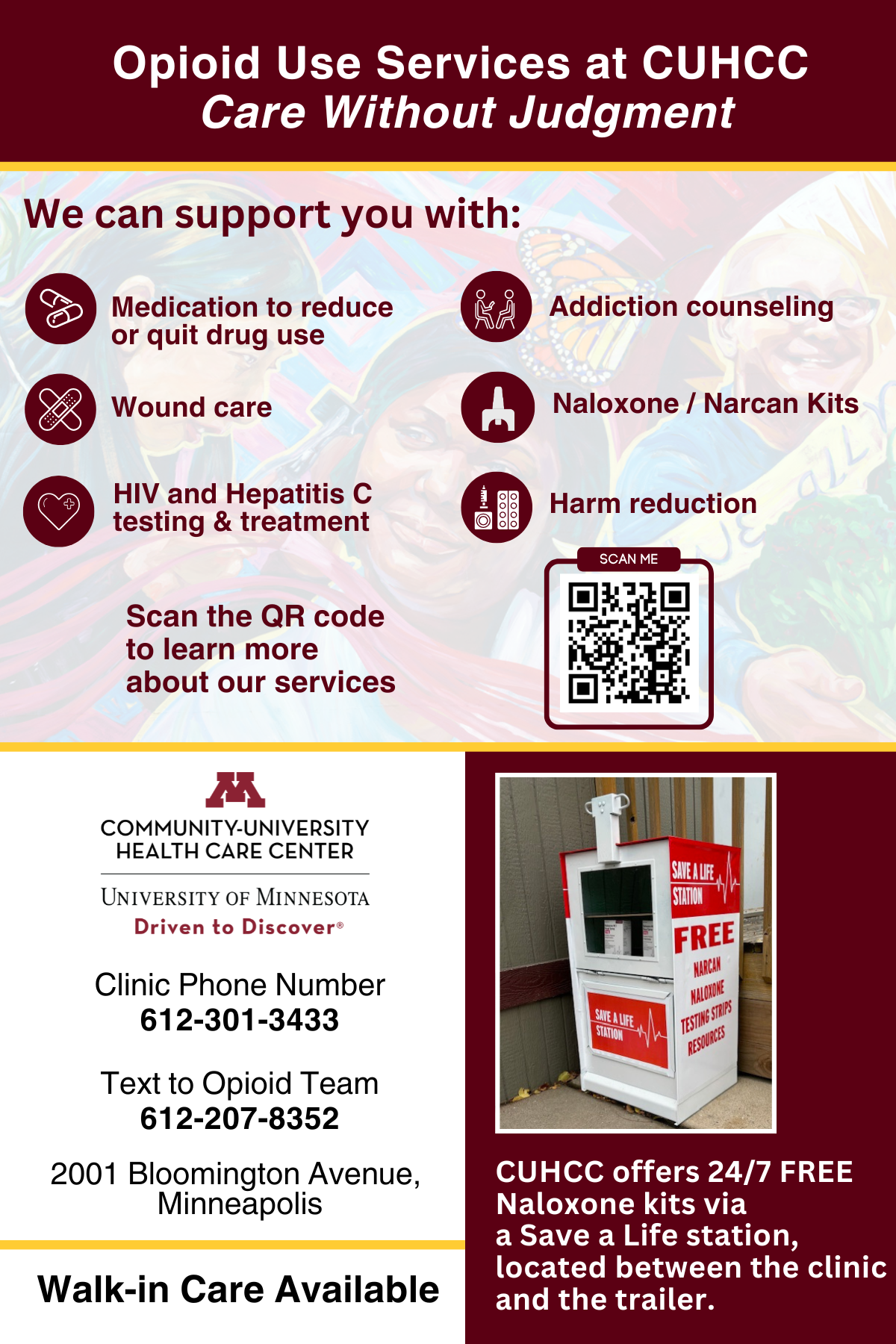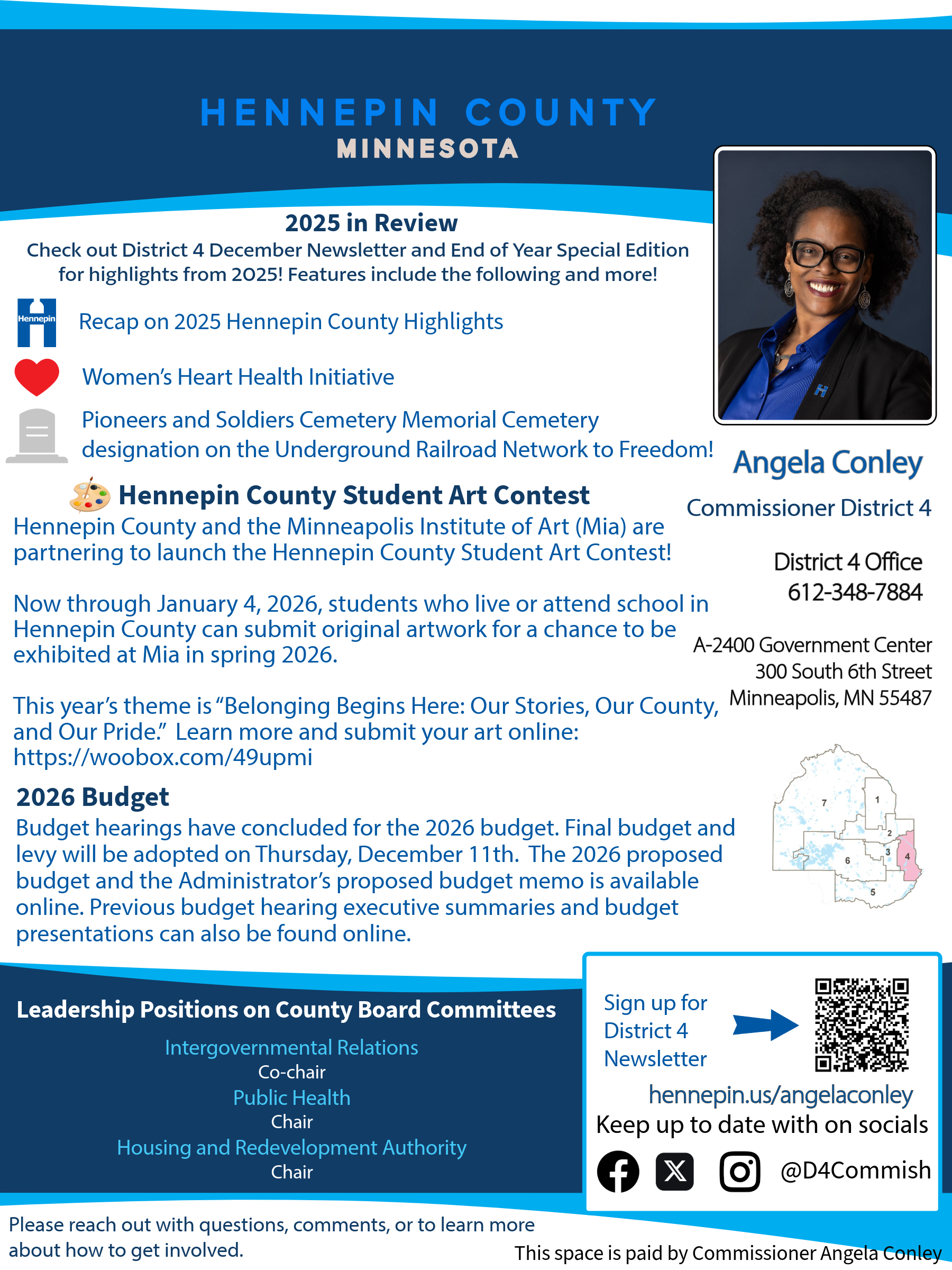from the series Peace House Community Journal
By MARTI MALTBY

I recently attended a meeting put on by the Minnesota Interagency Council on Homelessness (MICH). As is common these days, the meeting began with a land acknowledgement, which is a statement recognizing that what is now Minnesota was and is the homeland for various Native American tribes. The wording of a land acknowledgement is up to whoever is speaking, or whoever organized the meeting. This particular acknowledgement caught my attention because of some of the language used. The statement read:
Today, as we gather virtually, it is of the utmost importance that we all recognize the land we are living and working on is stolen land from our Native American relatives. We must seek to understand our place within that history and use that understanding to work towards justice.
The first thing I noticed was the word “stolen”. Of all the land acknowledgments I have heard, this is the strongest language regarding how we reached our current situation. The second thing was the word “relatives”. I have gotten to attend meetings hosted by the Metro Urban Indian Directors for many years, and in those meetings, any Native American is a relative of any other Native American. This makes a stark contrast to the social service world I inhabit, where we usually speak of clients. Hearing a White person refer to Native Americans as relatives felt unusual.
In theory, I see the value of this land acknowledgement. The American settlers and governments were often untrustworthy in their dealings with Native Americans, and even if we admit military conquest as a legitimate basis to claim specific land, we have to face the fact that the government did not live up to the treaties it signed with the Indigenous Peoples. The Acknowledgement recognizes this fact. Meanwhile, using the word relatives seeks to create a bond that has historically not existed, or at least been very weak.
As I said, in theory this all makes sense to me. Recognizing past wrongs and seeking a repaired relationship are both actions I agree with. In the Christian tradition of which I am a part, they are called confession and reconciliation. Unfortunately, the context in which this Acknowledgement was read undercut any of the good intentions it embodied.
First, the word “stolen” implies a crime, for which there should either be punishment or restitution. The statement offered neither of those, despite coming from one of the governments that played a role in the “theft”. True, the statement does mention “understanding our place within that history and use that understanding to work towards justice”, but nothing else during the meeting made any reference to this understanding, or used it as a framework for the discussions. It would be easy to read the implication into the acknowledgement, “Yes, we took your land. But that’s in the past, so let’s make the best of things from now on. After all, we’re one big family.” To go back to the Christian tradition, we jumped from confession to reconciliation by skipping over repentance, the commitment to avoid causing the same harm in the future. Considering the history between the Native Americans and the American governments, that’s a pretty big omission.
I have been thinking about the land acknowledgements lately in part because they often sound hollow to me, but also because a friend challenged me recently to use a land acknowledgement of my own. I make presentations several times a year at conferences in Minnesota, and my friend, who is Native American, indicated that land acknowledgements hold a lot of value for her and her relatives. She was surprised that I was not already including a land acknowledgement at the start of my presentations. So now I am playing with ideas on how to word my own acknowledgement. I want whatever I say to include confession, repentance and reconciliation, but doing that in a genuine way, without letting it become a trite, nice sounding platitude that changes nothing, will be the challenge.
Marti Maltby is an avid cyclist, Director at Peace House Community, and an obnoxiously proud Canadian.









